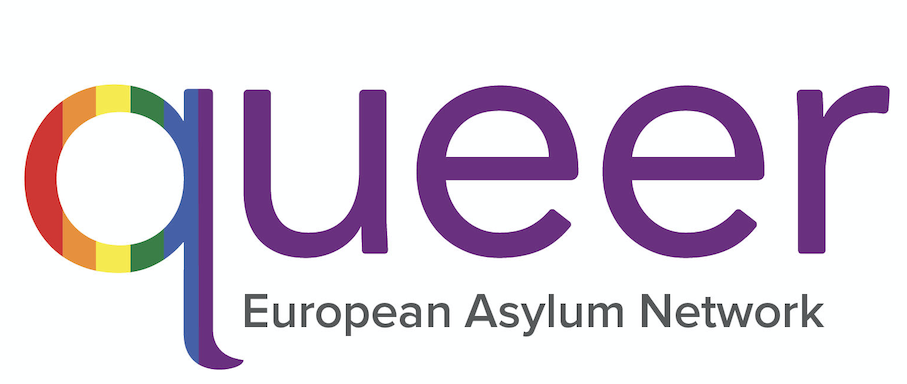A European Perspective on COVID-19 and Queer Asylum
Moderated by the Council of Europe, this first panel furthered a European perspective on COVID-19 and queer asylum. The panel puts into conversation policy makers, academics and activists to discuss the following questions: How have governments responded to the COVID-19 crisis as it relates to migration and asylum? How have such responses affected LGBTQI+ persons in different countries? What can we learn from the different practices that exists in different national contexts?
This panel opens with a short welcome remark from the main organizer Mengia Tschalaer (University of Bristol).
Moderator:
Luna Lara Liboni is Project Manager at the Sexual Orientation and Gender Identity (SOGI) Unit of the Council of Europe, where her work includes issues related to LGBTI asylum. Before joining the Council, she worked with the Italian Coalition for Civil Liberties and Rights (CILD) and with the Organization for Refuge, Asylum and Migration (ORAM). In the last 3 years, Luna has been focusing on the lack of consistency in practices of European States in relation to LGBTI asylum cases, especially within the Common European Asylum System. In doing so, she has been joining different discussions with institutions and civil society organisations at the Italian and European level as an expert and produced a series of articles on the topic
Panelists:
Nuno Ferreira is a Professor of Law at the University of Sussex. Previously, he was a Senior Lecturer at the University of Liverpool and Lecturer at the University of Manchester. He has also been a Visiting Professor at Wuhan University and the University of Lisbon, and guest scholar at the University of Girona and the Raoul Wallenberg Institute of Human Rights and Humanitarian Law. Nuno is a Horizon 2020 ERC Starting Grant recipient, leading the project SOGICA (2016-2020), and co-director of the Sussex Centre for Human Rights Research.
Jonathan Mastellari graduated in development and communication studies from University of Bologna. Since 2012 he works on intersectionality and with a focus on gender and the lgbtiaq+ community and needs (senior, people with disabilities, second generation, migrant and asylum seekers). In 2012 he started offering legal support to queer asylum seekers in Italy. In 2019, he co-founded a new organization called IAM – Intersectionalities And More that work minorities in lgbtiaq+ community which features a specific help desk for queer migrants and asylum seekers.
Leila Zadeh is the Executive Director of the UK Lesbian and Gay Immigration Group (UKLGIG). UKLGIG has been supporting LGBTQI+ people through the asylum system since 2003. They provide psychosocial and emotional support, legal advice and information, and advocate for changes in government policy and practice. Before joining UKLGIG, Leila worked in international development and advocated for the rights of LGBTQI+ people globally. Leila came to the UK as part of a refugee family when she was 13 months old.
Anbid Zaman is a LGBTQI Human Rights defender currently living in Cologne, Germany. From the age of sixteen, he started his engagement in LGBTI human rights, gender equality, environmental and social justice in Bangladesh. He worked for the first ever Bangladeshi LGBTI magazine publishing organisation Roopbaan. Since living in Germany, Anbid started working with both German and other European organisations. He joined the executive board of Aktionsbündnis gegen Homophobie e.V. on March 2017 and recently got elected to represent Central Asian and European LGBTI Youth to the ILGA World Intersectional Committee focusing on LGBTI youth globally.
